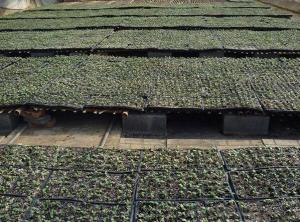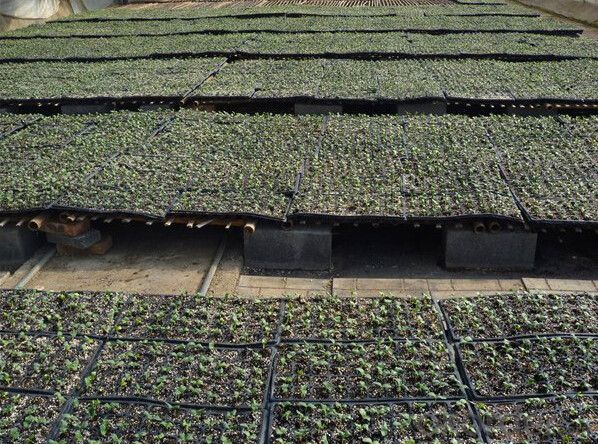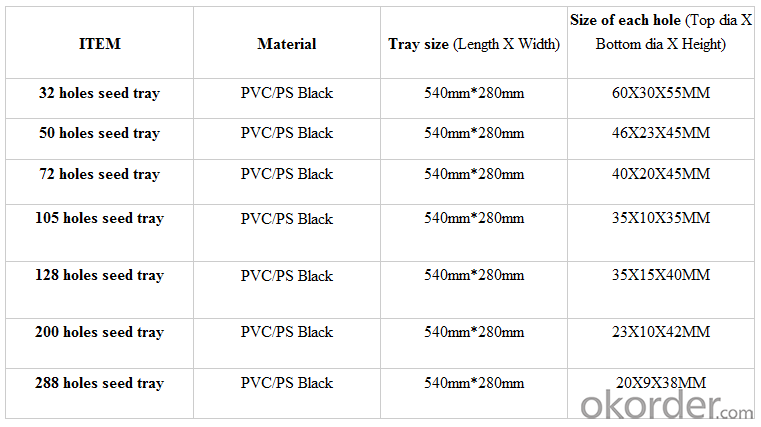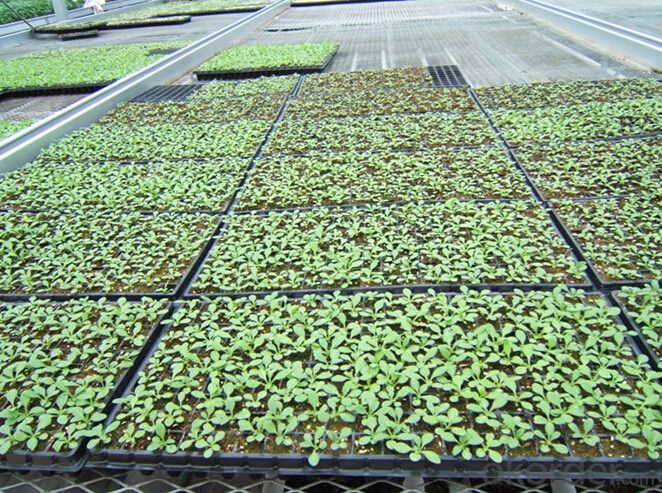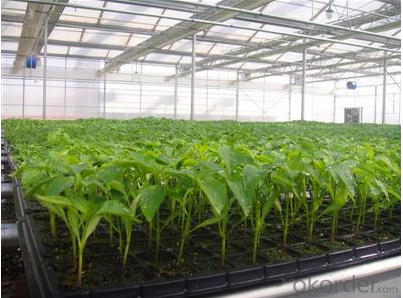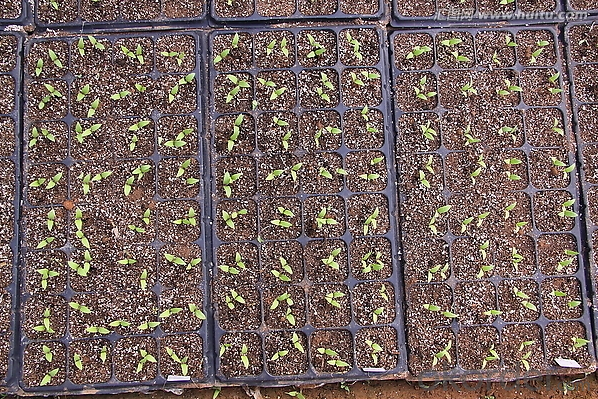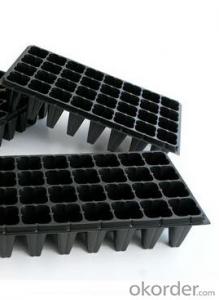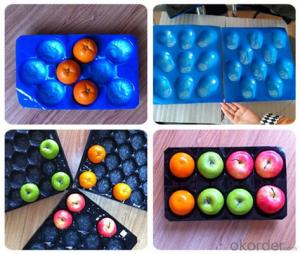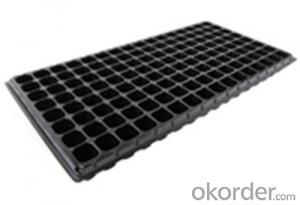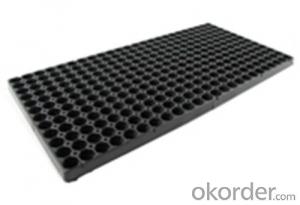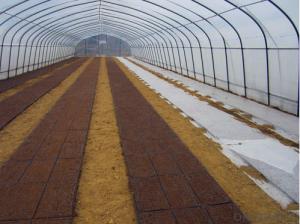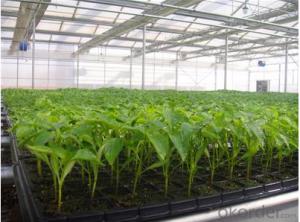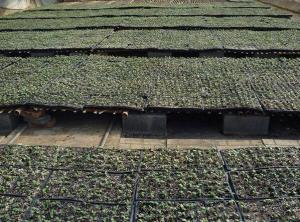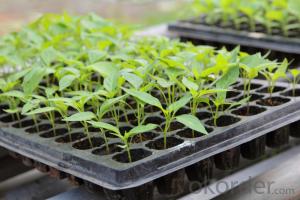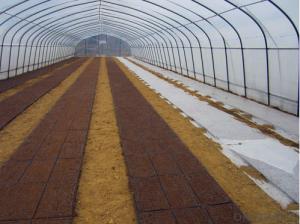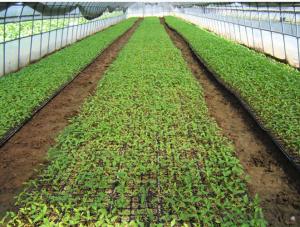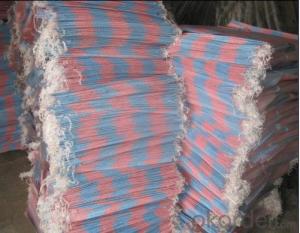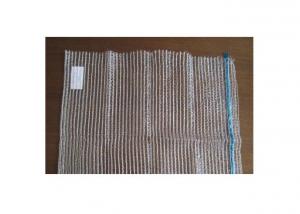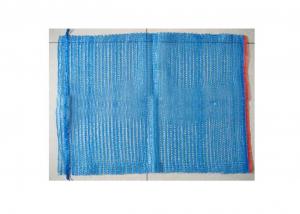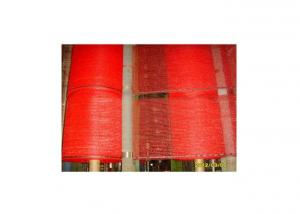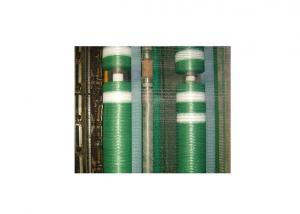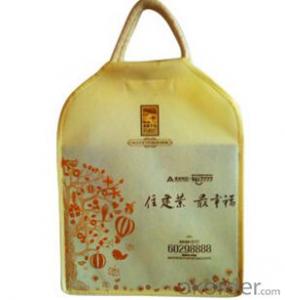128 Cell Durable Seed Plug Trays for Agriculture
- Loading Port:
- China main port
- Payment Terms:
- TT OR LC
- Min Order Qty:
- 3000 pc
- Supply Capability:
- 2000000 pc/month
OKorder Service Pledge
OKorder Financial Service
You Might Also Like
Specification of Plug Trays HIPS Made Plastic Plug Tray for Greenhouse (Growing and Seedling):
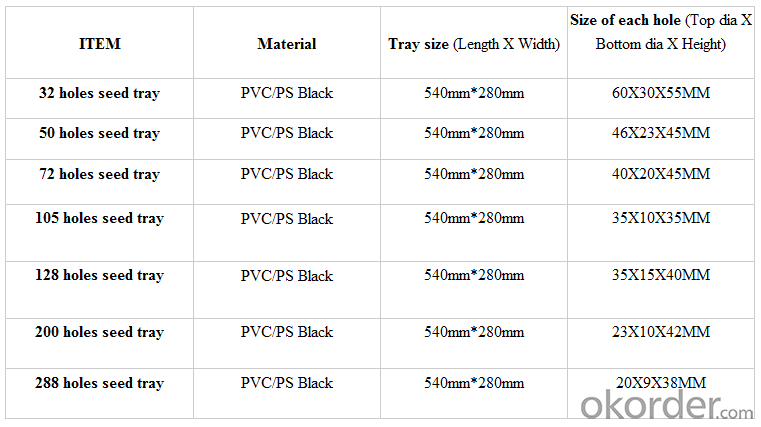
Features of Plug Trays HIPS Made Plastic Plug Tray for Greenhouse (Growing and Seedling):
· Material: HIPS
· Thickness: 0.5mm-1.5mm, Standard:1mm
· Weight: 80g(±5)g-230g(±5)g, Standard weight:155g(±5)g
· Size: length:490mm-540mm, width:190mm-345mm,depth:25mm-150mm
· Standard:540mmX280mm
· Cell count: 18-512
· Package: In Carton
· Warrenty: 8-10 times
Packaging & Delivery
Packing Detail: export standard carton or large bags
Delivery time: 4 million per momth after receipt of deposit
Advantage:
Waterproof, UV-resistant, extrusion-resistant
Easy carry for young seeding plant and grow
Service:
1. Quick, efficient and professional response within 24 hours, 14 hours online services
2. 10 years manufacturing and exporting experience in agriculture field.
3. Technical support and solution by chief engineer.
4. Strict quality control system & team, high reputation in the market.
5. Full range of irrigation products for choice
6. OEM/ODM services
7. Accept sample order before Mass Order
Picture of Plug Trays HIPS Made Plastic Plug Tray for Greenhouse (Growing and Seedling):
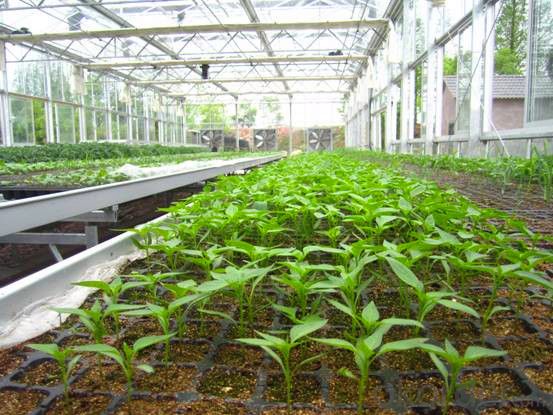
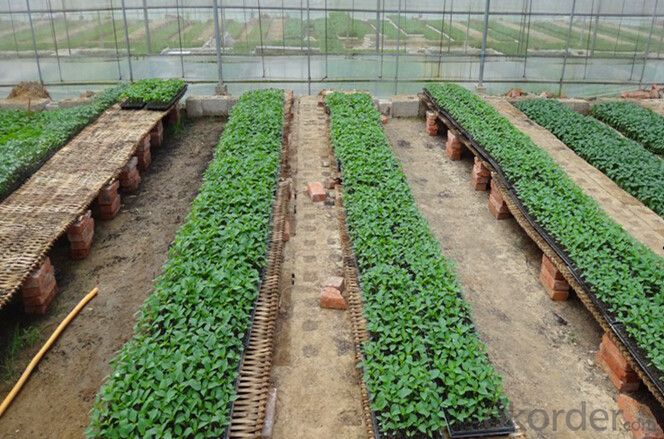
FAQ of Plug Trays HIPS Made Plastic Plug Tray for Greenhouse (Growing and Seedling):
Q: 1.How long is the production time?
A: Usually one to two weeks.
Q: 2.How is the seed tray being packaged?
A: They can be packaged in carton or pallets. Carton size is 1375px*725px*1250px.
Q:3.How many times can the seed tray be used?
A: Under the same environment, it is decided by the thickness. Usually 0.6mm thickness can be used for 1 or 2 times.
1.0 thickness can be used for 3-4 times. 1.5 thickness can be used for 8-10 times.
- Q: I did like to know how they make plastic bottle , oh so many of them. I do like to hear from you.Thank you.
- plastic begins as petroleum, they refine the petroleum to make many kinds of plastics.
- Q: How do nursery trays assist in the development of strong root systems?
- Nursery trays provide a controlled environment for seedlings, ensuring optimal conditions for root development. The trays allow for proper drainage, aeration, and space for root growth, which promotes the formation of strong and healthy root systems.
- Q: What are the advantages of using plastic seed spreaders for efficient seeding?
- There are several advantages of using plastic seed spreaders for efficient seeding. Firstly, plastic seed spreaders are lightweight and easy to maneuver, making the seeding process less physically demanding. Secondly, plastic spreaders are durable and resistant to corrosion, ensuring long-term usability. Additionally, plastic seed spreaders allow for precise seed distribution, resulting in even coverage and maximizing seed germination. Lastly, plastic is a cost-effective material, making plastic spreaders an affordable option for both professional farmers and home gardeners.
- Q: What are the best ground cover plants for shady areas?
- Some of the best ground cover plants for shady areas include English ivy, pachysandra, lamium, hosta, and ferns. These plants are known for their ability to thrive in low-light conditions and provide excellent coverage for bare soil in shady areas.
- Q: Explain how the use of agricultural plastic products can lead to a reduction in the application of pesticides and fertilizers.
- <p>Agricultural plastic products, such as mulch films and greenhouses, can reduce the use of pesticides and fertilizers by creating a controlled environment that minimizes the need for these chemicals. Mulch films can suppress weed growth, reducing the need for herbicides. They also help retain soil moisture, reducing water loss and the need for additional irrigation, which in turn can decrease the leaching of fertilizers. Greenhouses can protect crops from pests and diseases, reducing the need for pesticides. Additionally, they allow for precise control of nutrient application, leading to more efficient use of fertilizers and less runoff. Overall, these plastic products can enhance crop yields while reducing chemical inputs, promoting sustainable agriculture.</p>
- Q: im doing a paper on plastic surgery and i agree with plastic surgery, i need help with my introductory paragraph. please help, it has to be 5-6 sentences long. thanks
- you can talk about their harmful affects on hollywood
- Q: What is the best ground cover for high-traffic areas?
- The best ground cover for high-traffic areas would be a durable and low-maintenance option such as turf grass or artificial turf.
- Q: How does ground cover affect the overall soil compaction in a garden?
- Ground cover can help reduce overall soil compaction in a garden. By covering the soil surface, ground cover provides a protective layer that helps prevent direct contact between the soil and external factors like heavy rainfall or foot traffic. This protective layer acts as a barrier, reducing the impact and pressure applied to the soil, which can lead to less compaction over time. Additionally, ground cover helps retain moisture in the soil, promoting better soil structure and reducing the likelihood of compaction caused by dryness.
- Q: Hello!I am doing a report on how plastic bags affect the:-Hydrosphere-Atmosphere-Lithosphere-BiosphereAny information will be greatly appreciated!Thanks
- It takes alot of chemicals to produce plastic. Plastic is extremely strong and takes forever to decompose. As it degrades, it releases back into the environment (biosphere, atmosphere) the chemicals whch are quite harmful. Decomposing plastics found in our waters (hydrosphere), are harmful to the marine life and birds as they will attempt to eat it thinking it's food. The wildlife get entrapped and caught in it frequently which can be life-threatening or fatal. That's in addition to the chemicals being released into the water.
- Q: Can agricultural plastic products be used for fencing?
- Yes, agricultural plastic products can be used for fencing. Agricultural plastic fencing is a durable and cost-effective option for enclosing livestock, protecting crops, or creating barriers in agricultural settings. It is lightweight, easy to install, and resistant to weather conditions, making it a popular choice for farmers and ranchers.
Send your message to us
128 Cell Durable Seed Plug Trays for Agriculture
- Loading Port:
- China main port
- Payment Terms:
- TT OR LC
- Min Order Qty:
- 3000 pc
- Supply Capability:
- 2000000 pc/month
OKorder Service Pledge
OKorder Financial Service
Similar products
Hot products
Hot Searches
Related keywords
